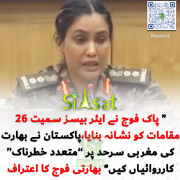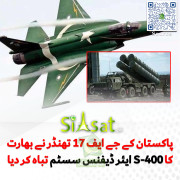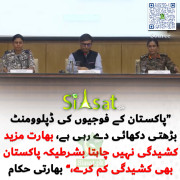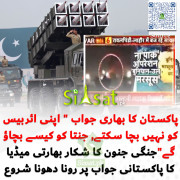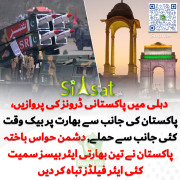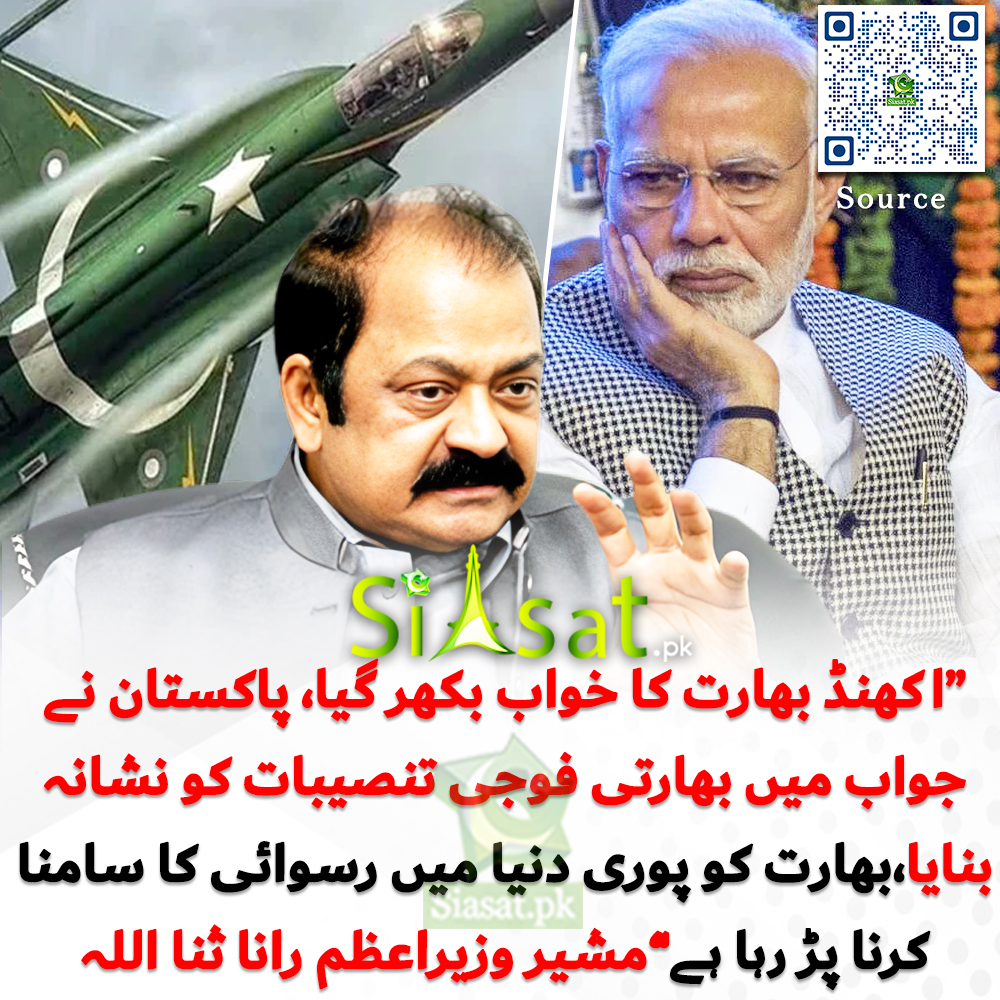Altruist
Minister (2k+ posts)
At this time of triumph,
we must look back and reflect on what the Prophet ﷺ did when he conquered Mecca.
When he entered,
he bowed his head so low on his camel that his forehead nearly touched the saddle.
Despite the overwhelming victory, this posture symbolized
deep humility and thankfulness to Allah
He expressed not in arrogance or triumphalism,
but in worship, mercy, and praise of the One who granted the victory —
Allah.
لَا إِلَهَ إِلَّا اللَّهُ وَحْدَهُ صَدَقَ وَعْدَهُ وَنَصَرَ عَبْدَهُ وَهَزَمَ الْأَحْزَابَ وَحْدَهُ
"There is no god but Allah alone. He fulfilled His promise, granted victory to His servant, and defeated the Confederates alone."
we must look back and reflect on what the Prophet ﷺ did when he conquered Mecca.
When he entered,
he bowed his head so low on his camel that his forehead nearly touched the saddle.
Despite the overwhelming victory, this posture symbolized
deep humility and thankfulness to Allah
He expressed not in arrogance or triumphalism,
but in worship, mercy, and praise of the One who granted the victory —
Allah.
لَا إِلَهَ إِلَّا اللَّهُ وَحْدَهُ صَدَقَ وَعْدَهُ وَنَصَرَ عَبْدَهُ وَهَزَمَ الْأَحْزَابَ وَحْدَهُ
"There is no god but Allah alone. He fulfilled His promise, granted victory to His servant, and defeated the Confederates alone."
Last edited:

